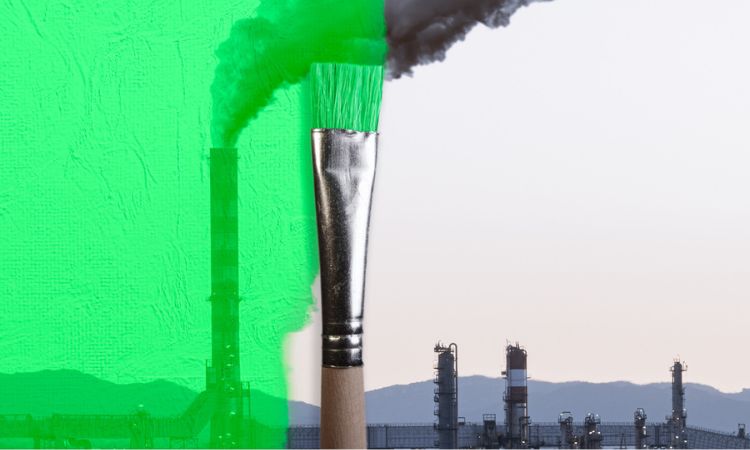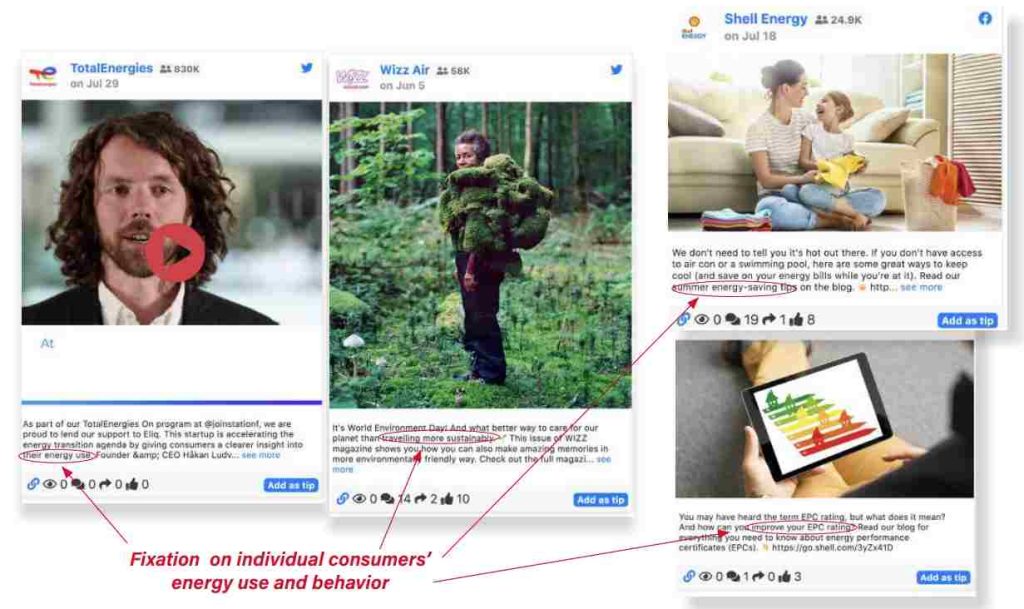
![]()
![]()
It is well known that the European Union is against greenwashing because it considers that it is a deceptive practice that harms both consumers and the environment. Given this, last Wednesday proposed a set of rules to address this issue and protect consumers and the environment.
Objectives and key measures against greenwashing
“53% of green claims provide vague, misleading or unsubstantiated information” and “half of all green labels offer weak or no verification.” These are some of the data presented by the EU in its statement. A sign of the need for correct these bad practices that are becoming more and more sophisticatedthus preventing consumers from making informed purchasing decisions.
The proposal presented by the EU would oblige European companies to support with evidence claims that their products are environmentally friendly. Also search ban misleading eco-labels on products such as clothing, cosmetics, electronics, or any other item that claims to be environmentally friendly.
In order to use such labels, the company that produces them must allow an organization to make a scientific evaluation of all significant environmental impacts in order to demonstrate that your product meets the requirements of the label.
The law has not yet been approved and must be evaluated by the Council and the European Parliament. Negotiations are expected to be concluded in time to start applying the new regulations in 2024.
what is greenwashing
Now, we commented that the EU is against the greenwashing, but what is this exactly? It is a marketing practice in which companies try to improve their image by claiming that their products or services are more sustainable than they really are.
This practice may include less than accurate claims about energy efficiency, the reduction of gas emissions, the use of recycled materials or the elimination of toxic waste, among others. Actually the main objective of this “greenwashing” is to improve the reputation of the company and increase sales. Does not focus on making a real contribution to environmental protection.
Vague allusions or leaving the responsibility on the consumer, some (bad) examples
During the summer of 2022, Europe suffered a great heat wave, being the hottest on record. Well, according to data reflected in the study Three Shades of Greenwashingwhich analyzes the social media speeches by European oil, car and airline companiesduring that period there was a climatic silence.
Only 6 of 2,325 posts in networks carried out by the 22 companies analyzed made any allusion to climate change. However, in these six contents, reference was never made to the causes of climate change, so reflection, commitment or taking responsibility was non-existent.
Another example presented in the study indicates that some companies use the issue of the environment to attract the attention of the consumer but in a more subtle way.

The company does not directly say that its products are responsible for climate change or that they are made from recycled materials; Rather, they make the potential customer understand that by using your products or services they can become a more responsible person with the planet, that is, places responsibility on the consumer.
Photo: Depositphotos
Stay informed of the most relevant news on our Telegram channel





![Ecommtech 2025 guide: The best technology to climb your digital business [Ebook]](https://www.logitechgamingsoftware.co/wp-content/uploads/2025/06/ECOMMTECH-2025-articulo-1200x720-1-336x220.jpg)